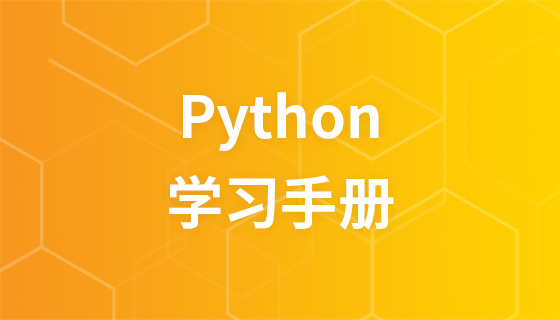本篇文章给大家带来的内容是关于python3中setdefault的用法介绍(代码) ,有一定的参考价值,有需要的朋友可以参考一下,希望对你有所帮助。
当字典 d[k]找不到正确的键时,Python会抛出异常,有没有一种优雅的方法来避免这种情况呢?答案是肯定的.
index0.py 从索引中获取单词出现的频率信息,并写入列表 --没有使用dict.setdefault
#!/usr/bin/env python
# coding=utf-8
import sys, re
WORD_RE = re.compile(r'\w+')
index = {}
with open(sys.argv[1], encoding='utf-8') as fp:
for line_no, line in enumerate(fp, 1):
for match in WORD_RE.finditer(line):
word = match.group()
column_no = match.start()+1
location = (line_no, column_no)
occurrences = index.get(word, [])
occurrences.append(location)
index[word] = occurrences
for word in sorted(index, key=str.upper):
print(word, index[word])The Zen of Python, by Tim Peters Beautiful is better than ugly. Explicit is better than implicit. Simple is better than complex. Complex is better than complicated. Flat is better than nested. Sparse is better than dense. Readability counts. Special cases aren't special enough to break the rules. Although practicality beats purity. Errors should never pass silently. Unless explicitly silenced. In the face of ambiguity, refuse the temptation to guess. There should be one-- and preferably only one --obvious way to do it. Although that way may not be obvious at first unless you're Dutch. Now is better than never. Although never is often better than *right* now. If the implementation is hard to explain, it's a bad idea. If the implementation is easy to explain, it may be a good idea. Namespaces are one honking great idea -- let's do more of those!
a [(19, 48), (20, 53)] Although [(11, 1), (16, 1), (18, 1)] ambiguity [(14, 16)] and [(15, 23)] are [(21, 12)] aren [(10, 15)] at [(16, 38)] bad [(19, 50)] be [(15, 14), (16, 27), (20, 50)] beats [(11, 23)] Beautiful [(3, 1)] better [(3, 14), (4, 13), (5, 11), (6, 12), (7, 9), (8, 11), (17, 8), (18, 25)] break [(10, 40)] by [(1, 20)] cases [(10, 9)] ...
#!/usr/bin/env python
# coding=utf-8
import sys, re
WORD_RE = re.compile(r'\w+')
index = {}
with open(sys.argv[1], encoding='utf-8') as fp:
for line_no, line in enumerate(fp, 1):
for match in WORD_RE.finditer(line):
word = match.group()
column_no = match.start()+1
location = (line_no, column_no)
index.setdefault(word, []).append(location)
for word in sorted(index, key=str.upper):
print(word, index[word])my_dict.setdefault(key, []).append(new_value)
if key not in my_dict:
my_dict[key] = []
my_dict[key].append(new_value)二者效果相同,只是setdefault只需一次就完成整个操作,而后者需要进行两次查询
相关推荐:在Python中操作字典之setdefault()方法的使用
Python3里的super()和__class__使用介绍
以上就是python3中setdefault的用法介绍(代码)的详细内容,更多请关注php中文网其它相关文章!





Copyright 2014-2024 https://www.php.cn/ All Rights Reserved | php.cn | 湘ICP备2023035733号